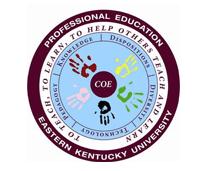Abstract
The purpose of this paper is to discuss issues related to the code of ethics in online learning, and responsibilities of students, faculty, and administrators. Students must recognize the ethical imperatives of online learning, and faculty and administrators should enforce the code of ethics requirements consistently, and effectively. How does a professor know that the student who enrolled in the course is the same as the one doing the work online from a distant location? Does the administration explain the mechanisms for dealing with infringements such as plagiarism, and the consequences? Should Professors teach about ethical behavior regardless of the discipline? Do professors teaching online classes use state of the art software to detect ethical misdemeanors in students’ work? Should professors who suspect student dishonesty confront and report those students. The questions are simple, and the reader would assume that institutions of higher education have addressed them all. However, have these institutions addressed these issues as effectively as they should? Students cheat in assignments and examinations, and faculty and administrators are too busy to enforce consequences in codes of ethics. There is a need to discuss these issues from time to time to safeguard the integrity of online teaching and learning. The discussion is organized in the following order – introduction, student responsibilities for ethical behavior in online learning, assessing student work, student discussions, responsibilities of faculty and administrators, disciplinary action committees, and conclusion.
Recommended Citation
Coleman, Phillip D.
(2012)
"Ethics, Online Learning and Stakeholder Responsibility for a Code of Conduct in Higher Education,"
Journal of Excellence in College Teaching and Learning: Vol. 9, Article 3.
Available at:
https://encompass.eku.edu/kjectl/vol9/iss1/3

